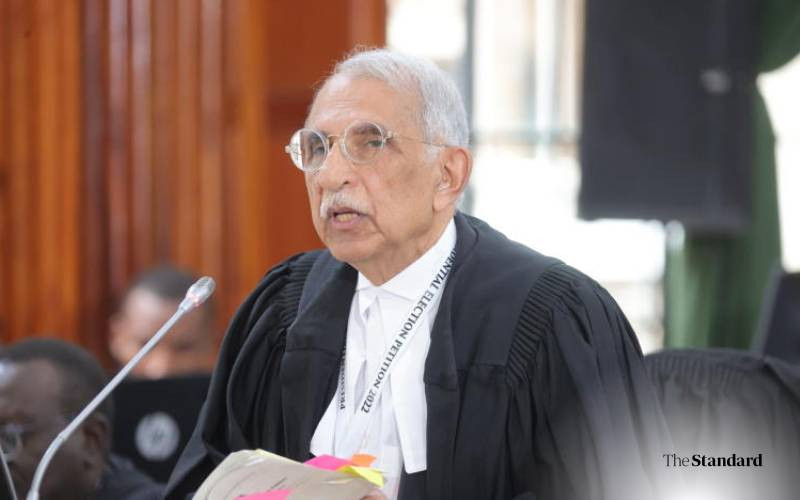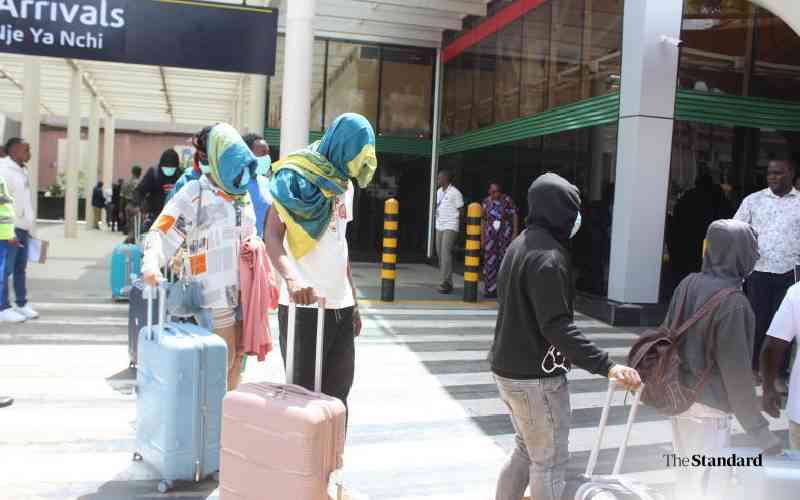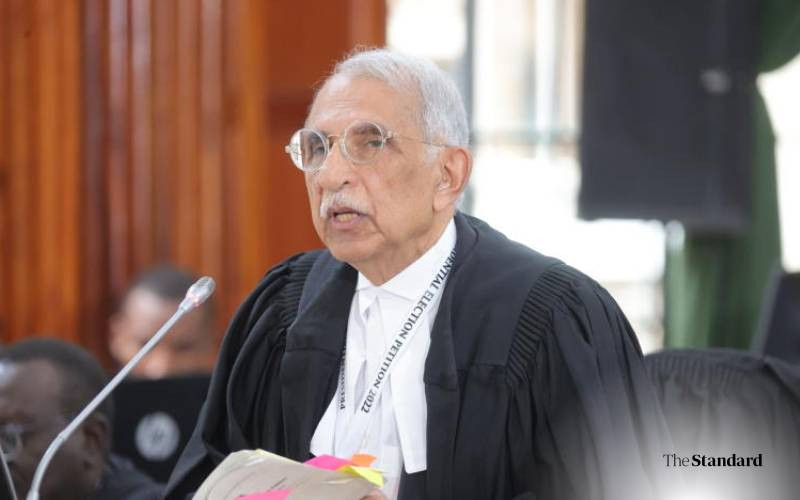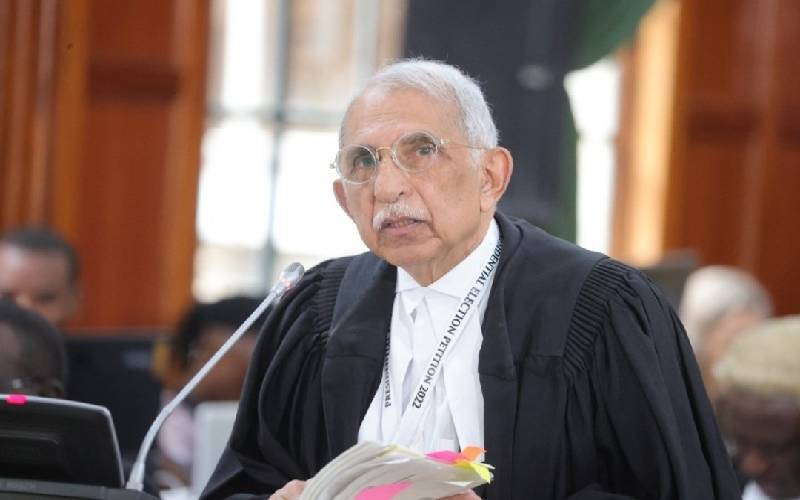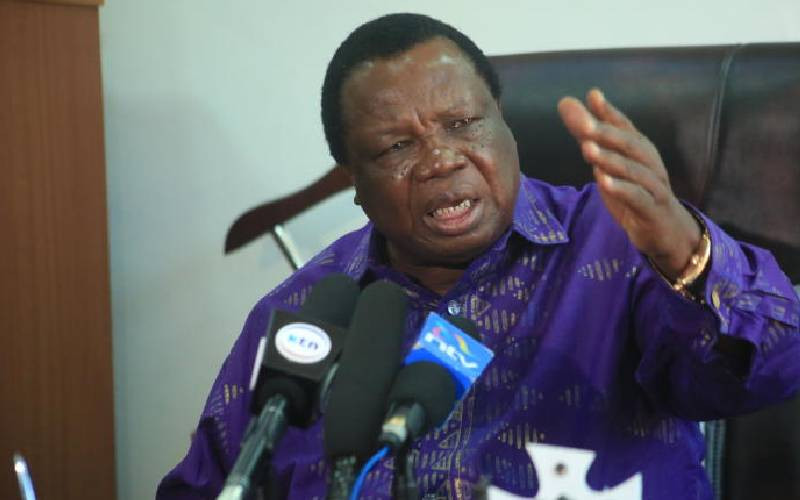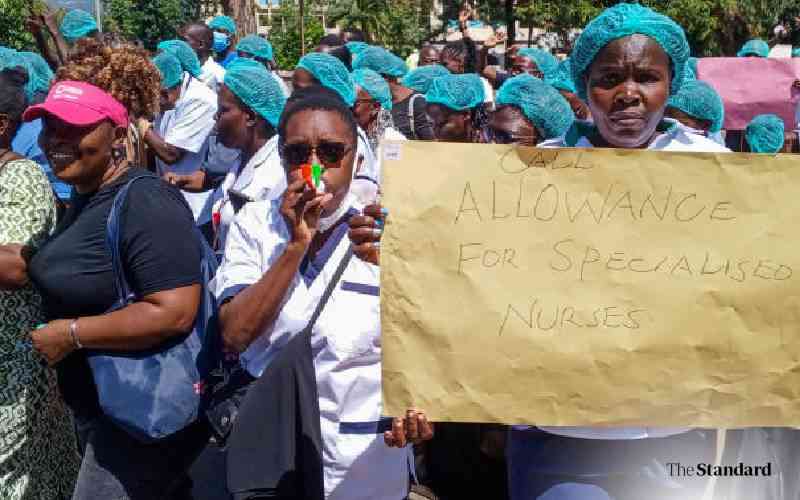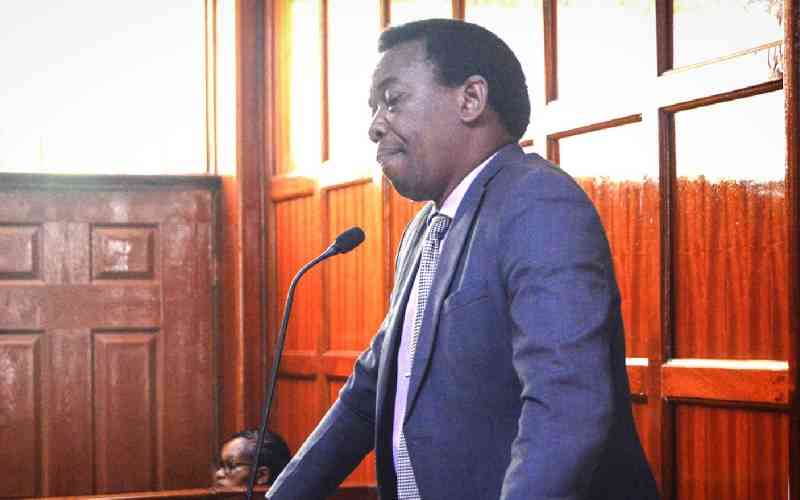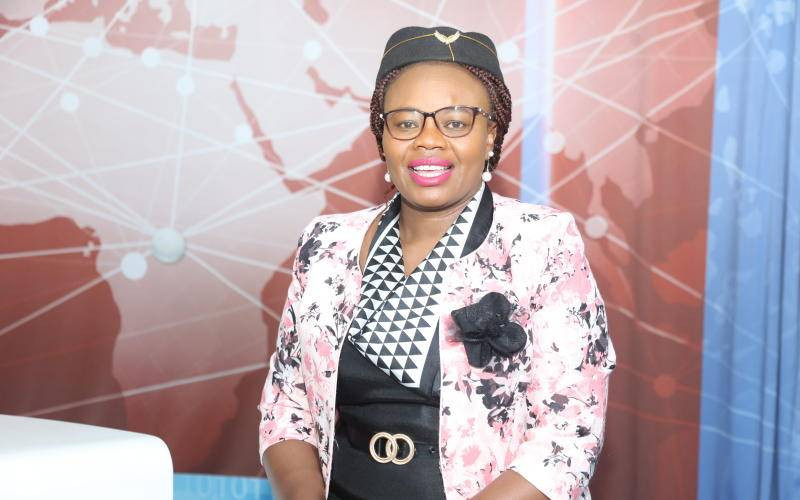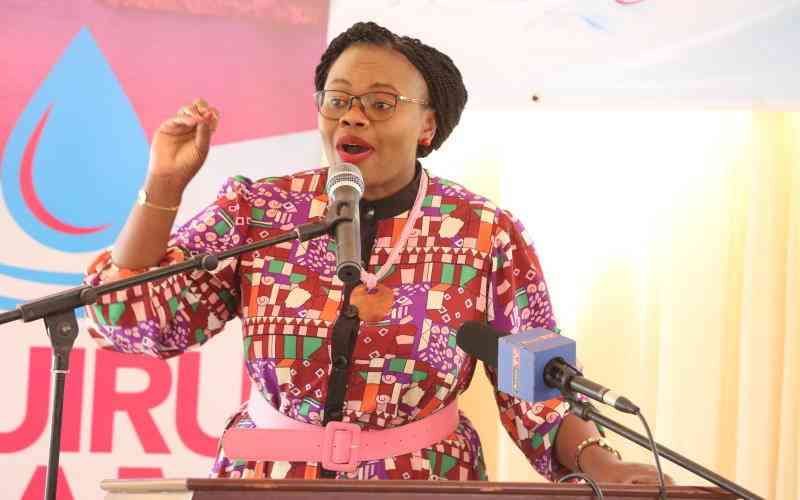
The President holds the prestigious title of Commander-In-Chief (CIC) of the armed forces, a constitutional role tasked with safeguarding the nation’s sovereignty and territorial integrity.
Since independence in 1963, five leaders have assumed this mantle, each leaving a unique imprint on the military. The current CIC, President William Ruto, took office on September 13, 2022, following in the footsteps of Mzee Jomo Kenyatta (1964–1978), Daniel arap Moi (1978–2002), Mwai Kibaki (2002–2013), and Uhuru Kenyatta (2013–2022).
As CIC, the President wields ultimate authority over the Kenya Defence Forces (KDF), appointing and retiring senior officers, naming military units upon the Defence Council’s recommendation, and chairing the National Security Council. While Mzee Kenyatta and Moi’s tenures were marred by coup attempts, all five presidents have commanded respect befitting their office.
However, Moi, Kibaki, and Uhuru — three of Kenya’s most transformative leaders — stand out for their distinct leadership styles, which shaped the military without fundamentally altering its doctrines or traditions.
Mzee Kenyatta, the founding president, was an autocratic figure whose military legacy is less documented due to the passage of time. Moi, by contrast, exhibited transformational leadership, inspiring loyalty through generosity and engagement.
Kibaki adopted a laissez-faire approach, focusing on institutional stability and modernisation, while Uhuru embraced servant leadership, endearing himself to soldiers with his approachable demeanour. Retired soldiers interviewed by The Sunday Standard noted it’s too early to fully assess Ruto’s tenure, leaving Moi, Kibaki, and Uhuru as the focal points of comparison.Moi, who ruled for 24 years, is remembered as a charismatic and benevolent CIC whose bond with the military was forged through personal connection and tangible rewards. Colonel (rtd) Karugo Njoroge describes him as “a gentleman, kind-hearted, and generous to a fault,” with an instinctive leadership flair. Soldiers recall Moi’s readiness to assist those in need, often dipping into his own resources.
“I remember an event in Tana River where he dismissed politicians, gathered seven of us soldiers—including his aide-de-camp—and sought our advice on local politics,” Karugo recounts.
“Afterward, he handed us money—a windfall I invested in Kinangop, a project that still stands in his memory.”
The 1982 abortive coup, a defining moment in Moi’s presidency, hardened his resolve and deepened his reliance on the military.
Retired Captain James Afumbwa notes, “Moi was exceptional. He rewarded soldiers handsomely, earning their total loyalty.” Senior officers received land parcels, while junior ranks enjoyed festive perks like slaughtered bulls during Christmas.
Former Department of Defence (DoD) spokesman Bogita Ongeri praises Moi’s punctuality and understanding of military traditions. “He was always on time, with an impeccable posture during parades ,” Bogita says.
When Moi passed away on February 4, 2020, retired Chief of Defence Forces (CDF) General Joseph Kibwana eulogised him as a leader who prioritised the military’s welfare and capacity.
“He went out of his way to expand and equip the armed forces,” Kibwana said. Moi’s legacy endures as one of upliftment, blending discipline with generosity to cement his place in soldiers’ hearts.
Mwai Kibaki, an economist, brought a different flavour to the CIC role during his decade in power. Unlike his predecessors and successor, he never donned the ceremonial CIC uniform, signalling a more detached style. Yet, his tenure is credited with laying the groundwork for a modern military.
“Kibaki focused on building the military through adequate funding, a practice Uhuru inherited,” says Col (rtd) Karugo. His laissez-faire approach empowered military leadership to operate with autonomy, provided they had the resources to succeed.
Kibaki’s defining moment came in 2011 when he authorised KDF’s incursion into Somalia to combat al-Shabaab, marking Kenya’s first major foreign military deployment. Bogita, who served as DoD spokesman from 1999 to 2023, describes Kibaki as “laid-back but a performer.”
“He had deep respect for the military and never hesitated to provide resources for modernisation,” he adds. This funding enabled equipment upgrades and structural expansions still evident today.
Though less personally engaged than Moi or Uhuru, Kibaki’s quiet competence earned him respect. His death on April 21, 2022, prompted reflections on a legacy of stability and progress, even if he lacked the flamboyance of his peers. Uhuru brought a warmth and accessibility that soldiers adored. “Uhuru was a darling due to his easy-going demeanour,” says Col (rtd) Karugo, a sentiment echoed across ranks. Bogita recalls Uhuru lingering after official events, “mingling and cracking jokes with officers till late.”
His frequent presence at commissioning parades and recruit pass-outs underscored a genuine affinity for the military, perhaps influenced by his privileged upbringing inKenya’s first family.
Uhuru’s tenure saw the military step beyond traditional roles, taking on civilian tasks like managing the Kenya Meat Commission and Nairobi Metropolitan Services.
“He appreciated their ability to perform perfectly at lower costs,” Bogita explains, noting Uhuru’s frustration with civilian inefficiencies. This trust culminated in improved welfare, cementing his reputation as a servant leader.
 The Standard Group Plc is a multi-media organization with investments in media platforms spanning newspaper print
operations, television, radio broadcasting, digital and online services. The Standard Group is recognized as a
leading multi-media house in Kenya with a key influence in matters of national and international interest.
The Standard Group Plc is a multi-media organization with investments in media platforms spanning newspaper print
operations, television, radio broadcasting, digital and online services. The Standard Group is recognized as a
leading multi-media house in Kenya with a key influence in matters of national and international interest.

